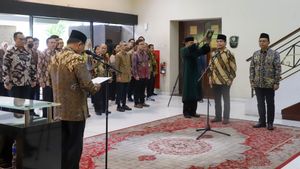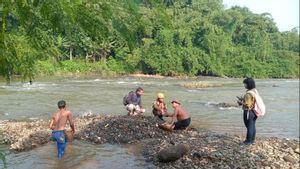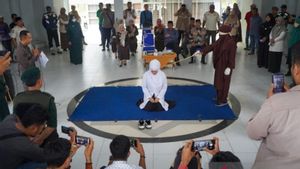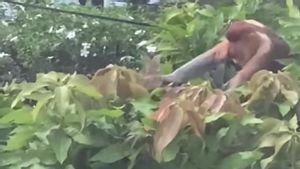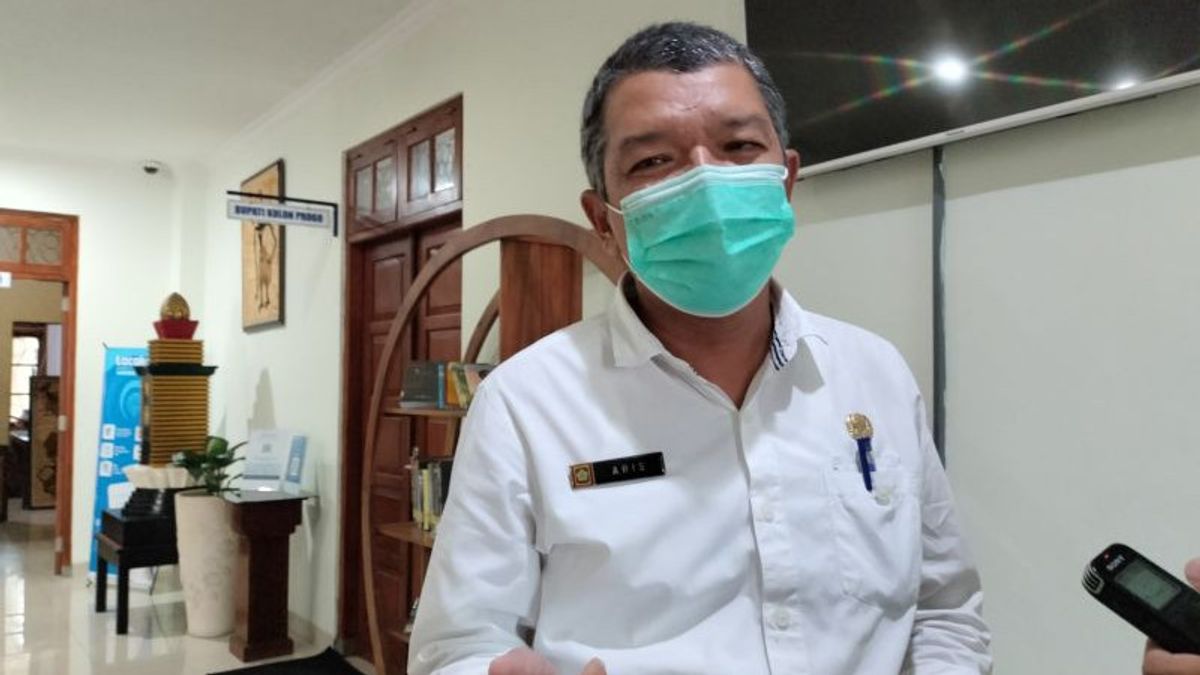
YOGYAKARTA - The Department of Agriculture and Food of Kulon Progo Regency, Yogyakarta Special Region (DIY) noted that 431 of 1,852 cows slaughtered during the Sacrificial Festival were exposed to liver worms.
The head of the Kulon Progo Agriculture and Food Service, Aris Nugraha, said the liver and innards of cows that were known to be infected with tapeworms were all destroyed.
"There is also a mosque takmir who distributes boiled innards first. At this time, we are still waiting for the development report on the supervision of the slaughter of sacrificial animals," said Aris Nugraha in Kulon Progo, quoted from Antara, Monday, July 11.
He said apart from cows, goats were slaughtered as sacrificial animals as of the latest report as many as 1,698 heads and 759 sheep. Meat production reached around 251,202 kg distributed to 148,957 heads of families (KK).
"The incoming data is only about 50 percent or about 656 sacrificial abattoirs that have reported the results of monitoring in the field. This data is still developing because there are still some people who slaughter sacrificial animals," he said.
Furthermore, Aris said that the officers found one sacrificial cow with a suspected mouth and hoof disease, so it was canceled for a different slaughter in Kalibawang District. The cows are then returned to the traders to be exchanged for healthy cows.
“In general, the sacrificial animals are in good health. Cows indicated by PMK are returned to traders," he said.
Meanwhile, Coordinator of Veterinary Public Health (Kesmasvet), Animal Health Sector of Kulon Progo DPP Joko Purwoko said the team carried out monitoring of sacrificial animals, starting from animal health checks before slaughter, the slaughtering process and meat handling.
The slaughter of sacrificial animals must comply with the COVID-19 health protocol and the sacrificial animals are free from PMK.
"The team examined the mouth and nails to ensure that the sacrificial animals were in good health, free from PMK," he said.
The English, Chinese, Japanese, Arabic, and French versions are automatically generated by the AI. So there may still be inaccuracies in translating, please always see Indonesian as our main language. (system supported by DigitalSiber.id)



